WHAT IS AN UPSTANDER?
Upstander (Helpful Bystander/Ally): A person who acts to help reduce the risk of or stop an act of sexual violence in person or online. An Upstander’s action can be on behalf of the potential victim.
An Upstander can help directly or indirectly, meaning anonymously or “behind the scenes.” (e.g., gives a drunk person a ride home, stands up against an offensive joke).
HOW TO BE AN UPSTANDER
Bystanders can help prevent sexual violence from happening.
While most people do not commit sexual violence, many people are bystanders to boundary violations, offensive sexual talk or behavior. This may include, witnessing forms of harassment or sexual aggression toward others, or hearing others make degrading jokes or brag about tricking or forcing someone into sexual activity. By standing up to this behavior and intervening to stop it, Upstanders can spread the message of [respect] and prevent opportunities for sexual violence to take place.
With keiki: Pay attention. Listen and watch carefully.
Many children have a hard time speaking up about safety concerns or uncomfortable situations. Watch out for signs of discomfort or changes in behavior: fear of a certain person or place; excessive touching, hugging, tickling, or kissing; anxiety, clinging, aggressiveness, withdrawal or depression; and/or unexpected gifts. Be an Upstander, and support keiki when they say “no” or “stop” to unwanted touches.
There are different ways to encourage respect when people act disrespectfully.
What can you do if you hear something that might be offensive or hurtful?
- Say something. Ask questions, convey disapproval, or engage the person in a thoughtful dialogue. Making the person reflect on their own insensitive remarks can help the person to see just what was wrong with the statements or actions in the first place.
- Be creative. You can stop aggressive or harassing behavior and prevent violence before it escalates. It can be as simple as interrupting and distracting the conversation: "Do you have the time?", "Did you see that?", "I need to tell you something.", "I've been looking for you!"
- Stay silent. Oftentimes, people are just looking for attention, for laughs, or for a rise out of people. Sometimes silence can make the loudest statement.
- Do the right thing. Hold the people around you accountable to [respect]. Encourage others to join the movement and live respectfully.
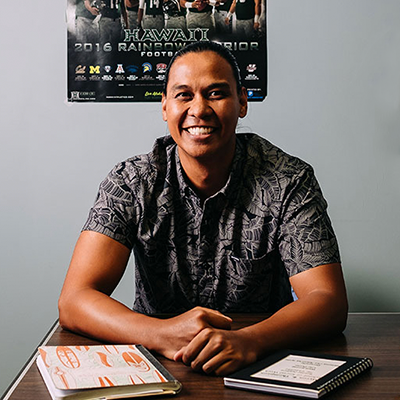
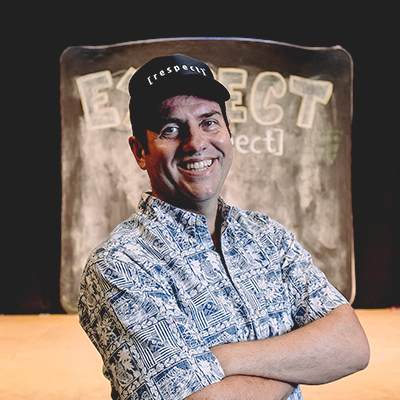
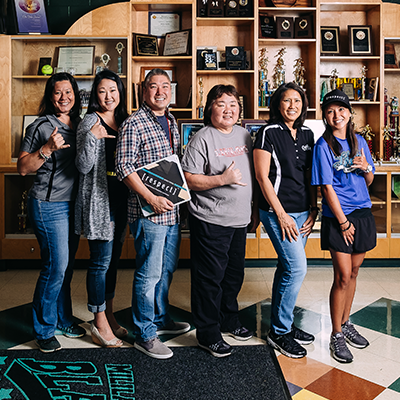
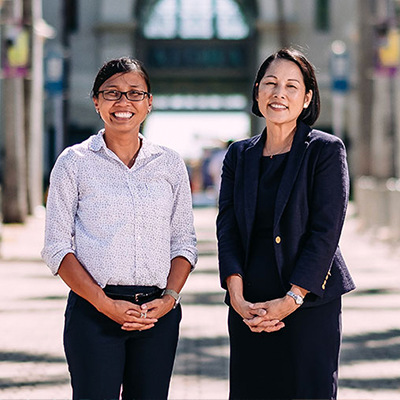
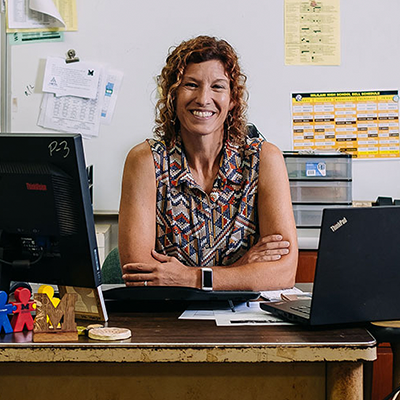
![[ respect ]™](/media/1135/00-respect_logo_black.svg)

